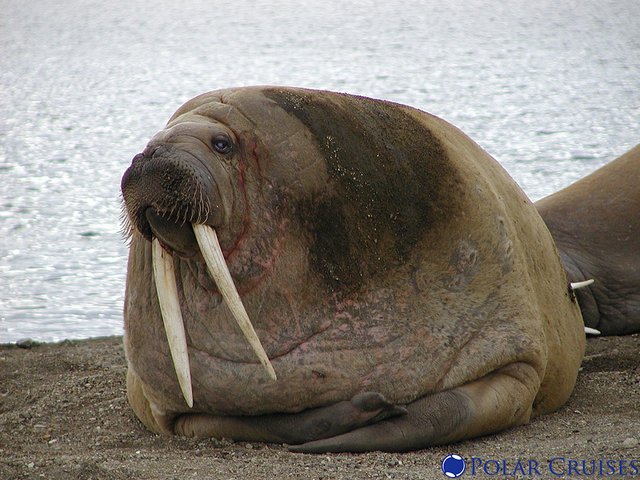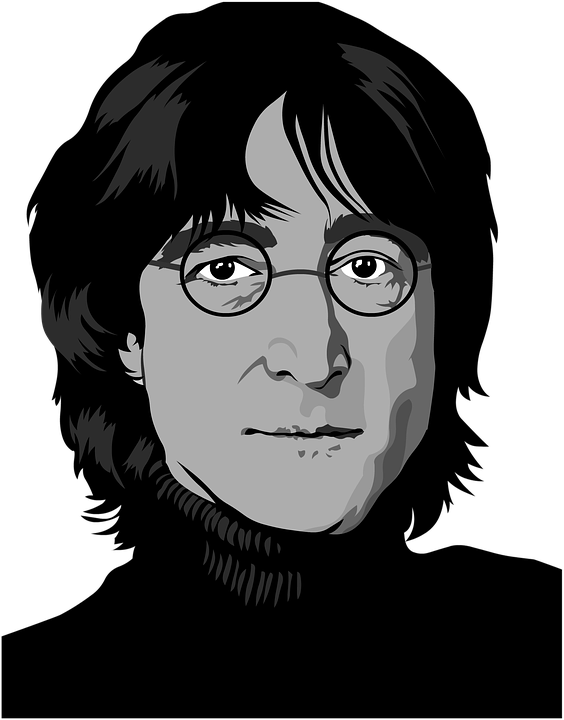Maybe No One Was The Walrus - Beatles, Music, And Nonsense Lyrics

Mental Floss Article Says Walrus Is Gibberish
Eddie Deezen a writer for Mental Floss writes in a recent article that long held disputes and conjecture over who the Walrus was in the famous Beatles song is a fruitless excersize. The story goes that John Lennon heard about a teacher who was teaching a analytical series on Beatles music and lyrics and he thought it would be a great idea to come up with a completely meaningless song.
I have had a life-long love of the Beatles and to this day I hear many who claim to have the final word on who was the Walrus. If Mr Deezen is to be believed no one was the Walrus. In 1967 A student from Quarry Bank High School (Lennon's alma mater) sent Lennon a letter telling him about the teacher and the class. This was the motivation for him to start writing a song that was beyond analysis.
According to Lennon, "Walrus is just saying a dream" that was much inspired by some psychedelic exploration on his part and coincides with him meeting Yoko Ono. Lennon continues on by saying. "The words did not mean a lot." Yet for many years people have still drawn their own conclusions on the meaning of the words. Further, he suggests that, "I am the Eggman" could have been just about anything that fit suggesting that he really did not care it just sounded good to him at the time.

The article suggests that part of what Lennon was trying to achieve was commentary on what he felt that Bob Dylan was, "getting away with murder" in his lyrics for years. So John wanted to show that he could write something that was catchy nonsense too.
So, "I Am The Walrus" was essentially a nonsensical bluff propagated by Lennon as sort of a tongue in cheek joke. But while the song in whole is meaningless it did have other real world literary and social influences. It is suggested that the opening lines, "I am he as you are he as you are me and we are all together," comes another song "Marching to Pretoria," that contains the lyric, "I'm with you as you're with me and we are all together."
Some of the lyrics were jabs at people or ideologies. "Sitting in a English garden" likely refers John's garden in his Weybridge home. Where at the time he was living with his first wife Cynthia with whom he was increasingly unhappy with. The "elementary penguin" was likely a slight on people like the Hare Krishna devotees who put all of their faith in one idol or godhead.

James Joyce contributed some influence from his work, "Finnegan's Wake." Where he coined the actual term, "Goo goo goosth." Another literary giant, Lewis Carroll, and his book, "Through the Looking Glass", is said to have given Lennon the song's title and recurring lyric, "I am the walrus." In that book, the poem "The Walrus and the Carpenter." The very political Lennon had come to the conclusion that the poem was Carroll's comment on "the capitalist and worker system."
The article goes on to suggest that many other external influences including a shamed policeman, Sergeant Pilcher, made a place for himself in history and in the lyrics after getting caught planting drugs and framing famous musicians. This included both John and Yoko.
For a nonsense song it was not without controversy as it was banned by the BBC for the lyric, "Girl, you let your knickers down." And while it did cause a stir it was by far not the oddest set of lyrics to come out of the Fab Four. Songs like the 1967 song "You Know My Name (Look Up the Number)" or, perhaps, John's 1968 "Revolution #9."
What Do You Think?
Was the walrus really representative of a person or ideology or was it just John just having fun with us all? What impact has the Beatles and their music made on you?
If you liked this article please consider upvoting, resteeming it or just sharing it with your friends. I love feedback please let me know your thoughts.